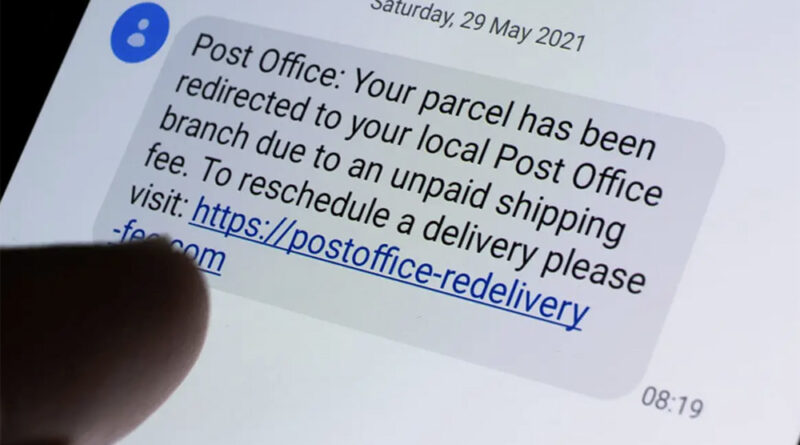Think Before You Click: Five Simple Habits to Beat Scammers
From paying bills on a phone to tapping a watch at the checkout, Australians are more connected than ever—and so are the criminals hunting for the next easy payday. The Australian Cyber Security Centre’s latest threat report logged more than 87,000 cybercrime incidents in 2023-24—one every six minutes—while Scamwatch estimates losses of A$319 million in the same year. Add the recent raid on several superannuation funds (A$500,000 siphoned off in days), and the message is clear: poor “digital hygiene” is costing real money.
Digital hygiene is little more than good housekeeping for your online life, yet most of us take better care of our toothbrush than our passwords. The good news? You don’t need to be a tech guru to get clean. Adopt these five habits and you’ll slam the door on the majority of scams.
1. Stop and Think Before You Click
Scammers thrive on urgency. An unexpected text about a missed parcel, a pop-up claiming your bank account is frozen—panic is the lure. Instead, pause. Were you expecting this message? Does the address or link feel off? Close the message and navigate to the service directly via its official app or website. That extra 30 seconds can save thousands.
2. Use Strong, Unique Passwords
One breached retailer shouldn’t expose every account you own. A password manager will generate and store complex phrases so you never recycle the same login. Start with email, banking and cloud services—if crooks crack those, the rest falls like dominoes.
3. Turn On Multi-Factor Authentication (MFA)
MFA adds a second key—usually a one-time code from an authenticator app or text message. Even if attackers guess or buy your password on the dark web, they can’t break in without that extra factor. Enable MFA on every service that offers it, especially finance, health and social media accounts.
4. Update Your Apps and Devices
Those nagging software updates patch known holes that hackers actively exploit. Set phones, laptops and routers to auto-update. If your device is too old to receive security patches, consider recycling it and upgrading; sustainability counts, but so does safety.
5. Think Before You Share
Date of birth, pet names, the school you attended—these personal nuggets fuel phishing emails and help crooks reset accounts protected by “secret questions.” Tighten privacy settings and ask yourself whether a stranger needs that information.
If You Do Get Hit
-
Check for leaked passwords: run your email addresses through HaveIBeenPwned to see if they’ve appeared in data breaches.
-
Reset credentials immediately: change passwords on all critical accounts and enable MFA.
-
Scan for malware: use reputable antivirus tools to sweep computers and phones.
-
Report and seek guidance: visit cyber.gov.au for step-by-step recovery advice and to file a report.
Make Cyber Safety a Shared Habit
Digital hygiene isn’t just personal; one infected device in a family, school or workplace can put everyone at risk. Discuss scams over dinner, help older relatives install a password manager, and show children how to spot suspicious links. The more routine these conversations become, the less power scammers wield.
Hand-washing became second nature during the pandemic; keeping your digital life clean should feel just as automatic. Adopt the five habits today and turn “I almost clicked” into “nice try, scammer.”
Photo Credit: DepositPhotos.com

